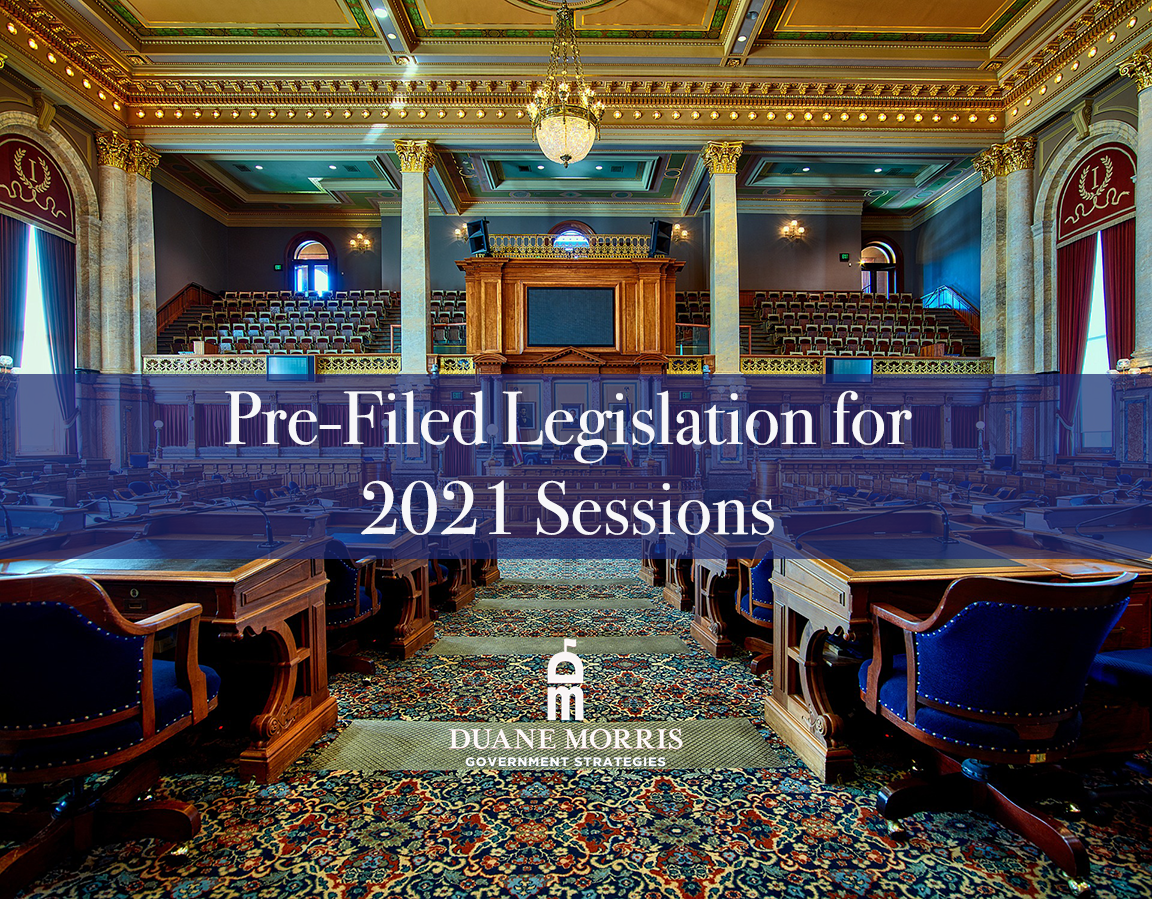
As of March 2023, 16 states have term limits for state lawmakers. The term limits can be defined into two general categories: consecutive and lifetime. With consecutive limits, when a state legislator has served the maximum number of terms in office, they may run for office for the state’s other legislative chamber or leave the legislature. After a set period (usually two to four years) out of office, the legislator is permitted to run for office in the same chamber. With lifetime limits, once a legislator has served up to the limit in a particular legislative chamber, they cannot run for election to that office ever again. Thirteen of the 16 states imposed legislative term limits from 1990–1995. However, there seems to be a renewed push. In the 2023 legislative sessions, more states are considering term limits for state lawmakers or amending previous laws via various pieces of term limit legislation.
Hawaii: Dueling Democratic and GOP Term Limit Legislation
As of March 2023, the Hawaii House has two active term-limit proposals. The first, HB626, was introduced by a group of Republican Representatives in January 2023. The bill would propose a constitutional amendment to limit the terms of members in the House of Representatives or Senate to a maximum of 12 years for terms beginning on or after the general election of 2024. A grandfather clause is also included for those in office who have already met the limit. The second proposal, HB831, was introduced by 14 Democratic representatives in January 2023. The bill would propose a constitutional amendment to limit the terms of members in the House of Representatives or Senate to a maximum of sixteen years for terms beginning after the general election of 2024.
Nebraska: Change Term Limits for State Lawmakers from Two to Three Consecutive Terms
State Senator Robert Dover (N) introduced LR22CA in January 2023, which would amend the legislative term limits provision added to the Nebraska Constitution in 2000. The provision limits legislators to two consecutive four-year terms. However, they can serve again after sitting out for at least four years. The proposed bill would introduce a constitutional amendment to change the limit from two to three consecutive terms (12 years). The Legislature Executive Board Committee held a hearing to consider the bill on March 3, 2023.
North Dakota: Amending Term Limits for State Lawmakers and Governors
A group of Republican Representatives introduced HCR3019 in January 2023, which would amend the legislative term limit measure added to North Dakota’s Constitution in 2022. The measure restricts the governor and state legislators to eight years of service. However, legislators can serve eight years in the House and the Senate. The proposed bill would allow a legislator to serve up to 12 cumulative years in one chamber and 12 in the other. Lawmakers would be able to serve again after a four-year waiting period. It would also subject these same term limits on all statewide elected offices, including the governor. The House Industry, Business, and Labor Committee held a hearing to consider the proposal on March 8, 2023.
South Carolina: Pending Term Limit Legislation
As of March 2023, two active term limit proposals exist in the South Carolina General Assembly. The first, H3444, was introduced by Representative Bart Blackwell (R) in January 2023. The bill would propose a constitutional amendment to limit House members to a maximum of five terms, totaling ten years within that chamber. It would also limit Senate members to a maximum of three terms for a total of 12 years within that chamber. The proposed amendment would affect legislators taking office after the 2024 general election. The second bill, S0172, introduced by Senator David Climer (R) in January 2023, would also propose a constitutional amendment to limit Senators to three terms in office. However, it would limit House members to six terms in office, totaling 12 years, equivalent to the time a Senator would be able to serve.
Latest News
Photo credit: iStock.com/Ralf Geithe In the aftermath of the pandemic and the digitalization of government services, many state government offices have experienced a surge in open records requests. Between 2018 and 2022, records requests grew [...]
Digital collage by Ryan Stevens COVID-19 upended many facets of life in 2020, including the way lawmakers operate. Some states suspended their legislative sessions, while others adopted safety measures. Some legislatures remained in-person, while others [...]
Digital Collage by Ryan Stevens; image source by David Mark from Pixabay In 2021, every state legislature in the country will meet, with the vast majority beginning their sessions in January. While lawmakers might not [...]
Digital collage by Ryan Stevens; image sourced from by Kim Broomhall from Pixabay As the dust settles from the 2020 elections, state lawmakers will elect new leadership for 2021 sessions. Familiar faces are continuing in their legislative leadership [...]






Stay In Touch